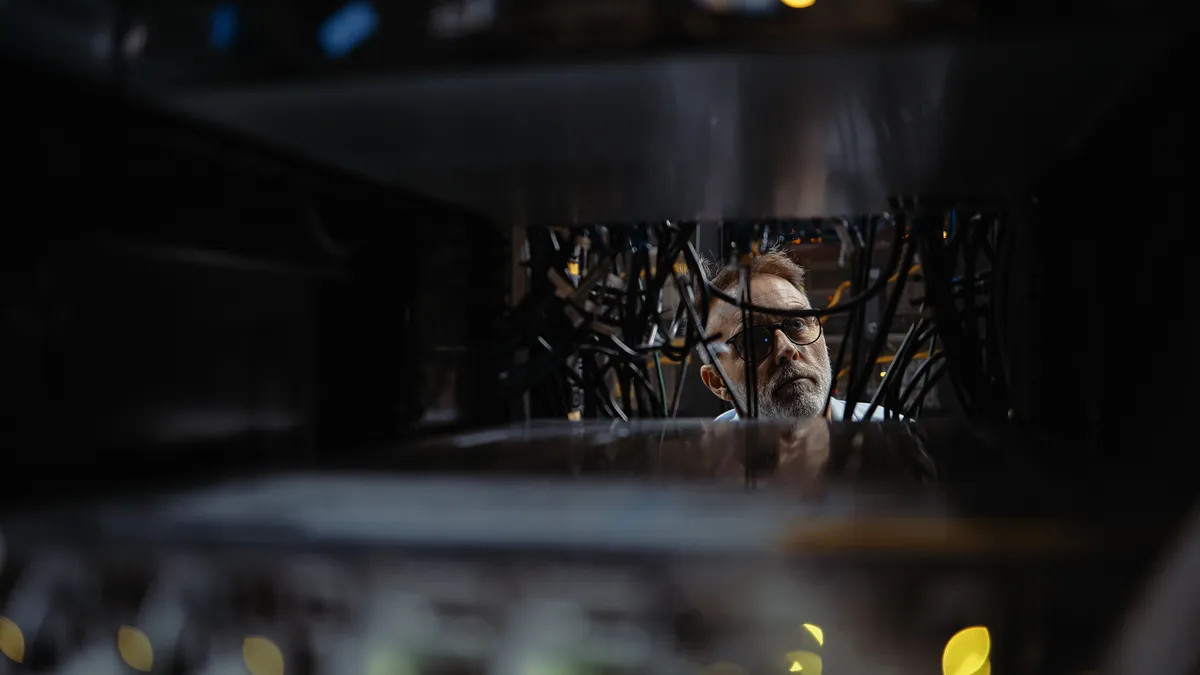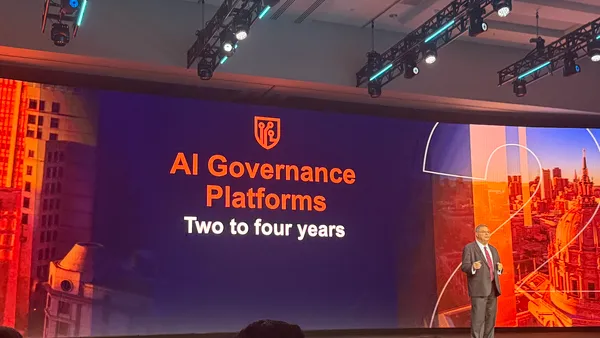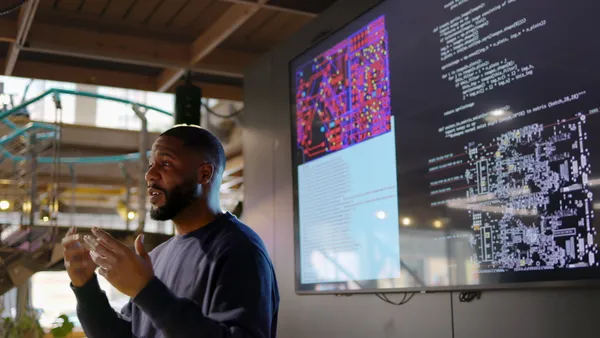Dive Brief:
- Engineering, research and project management top the list of slowest-to-hire jobs, with a median time to hire of 47 to 49 days, according to LinkedIn. The positions filled most quickly were in administration, customer service, and accounting and auditing, with a median time to hire of 33 to 37 days.
- Those hiring for technical jobs tend to value precision over speed, putting candidates through many rounds of interviews and testing "deep textbook knowledge" that may go beyond what jobs require, LinkedIn said. On the other hand, candidates for roles like customer service and administration can often be assessed on the first or second interview, Richard Wang, CEO of Coding Dojo, told LinkedIn.
- LinkedIn calculated "time-to-hire" as the interval between a candidate's application submission and the start date of their new job, as indicated by their LinkedIn profile. The company found that the slowest 10% of hires can take nearly three months, even in fields that typically take a comparatively short time to hire.
Dive Insight:
Technology roles are in high demand, but hiring workers on the fly to fill vacant positions can undermine business objectives in the long run.
While the recent talent crunch has created a sense of hiring urgency for employers, the pandemic has made "bad hires" even more painful than before, according to a recent survey from Robert Half. More than three-quarters of respondents to the survey said they'd made the wrong hiring decision for a role, resulting in wasted time, decreased staff morale and productivity and increased stress on supervisors.
But in IT, the perfect fit for a role may be hard to find. For technology occupations, the unemployment rate fell to 1.5% in July while job postings for IT positions reached more than 318,500 openings, according to a CompTIA review of U.S. Bureau of Labor Statistics data.
Although bad hires can hurt a company, failing to communicate and "treat candidates with dignity" during the hiring process — in other words, taking the process for granted — can also alienate good candidates and result in poor choices.
To improve the process, leaders in charge of hiring IT talent can design a more organized and thoughtful process for candidates. The majority (97%) of software engineers reported issues with the interview process, with 56% saying they've been turned off from a role because of disorganization and 59% listing too many interviews as a pain point, according to Terminal's 2021 State of Remote Engineering. Researchers surveyed more than 1,000 engineers, develops and programmers.
For engineers, pay is the most important job component when considering offers. Over half (52%) listed pay as the first or second most important factor, following by exciting work (25%) and culture (21%), according to the Terminal report.
Given the findings, a happy medium may be the best approach to hiring. Hiring managers should be open and regularly communicate with all candidates in consideration, but take the time they need to make the right choice.
Rethinking traditional values for qualified technology candidates can streamline the hiring process, too. Travelers Insurance assigns behavioral interviews to get a feel for how a candidate would address workplace scenarios and Memorial Sloan Kettering Cancer Center invests in talent development programs, leaders from the organizations said at an MIT Sloan event in April.















